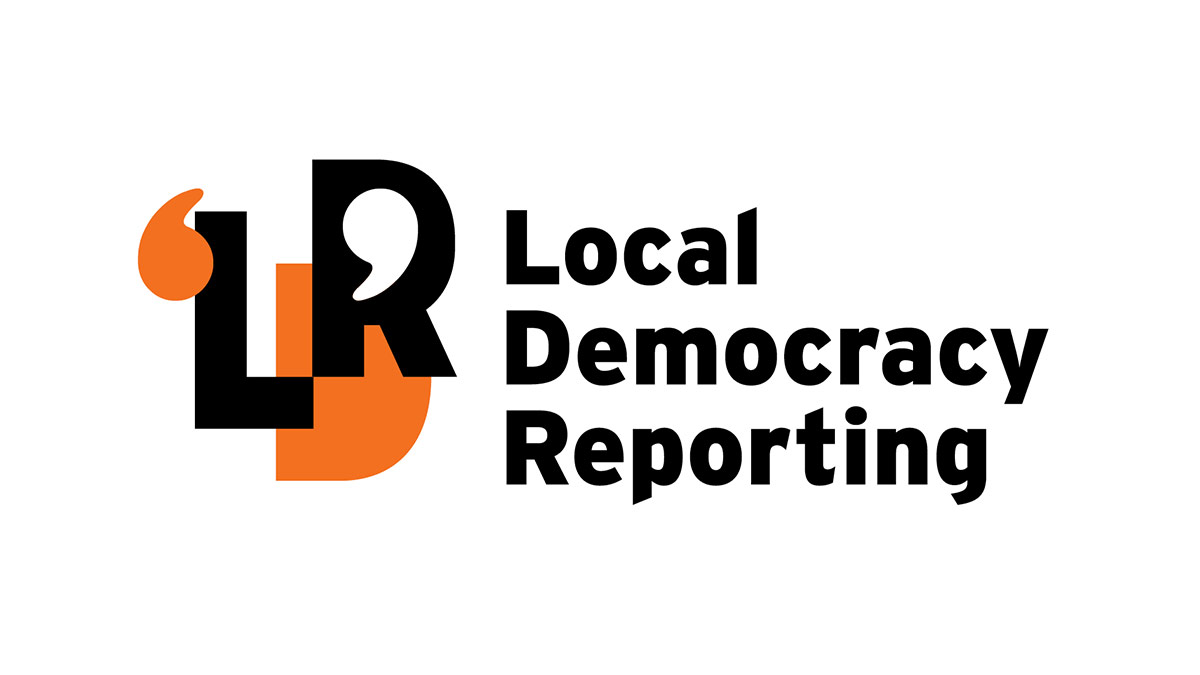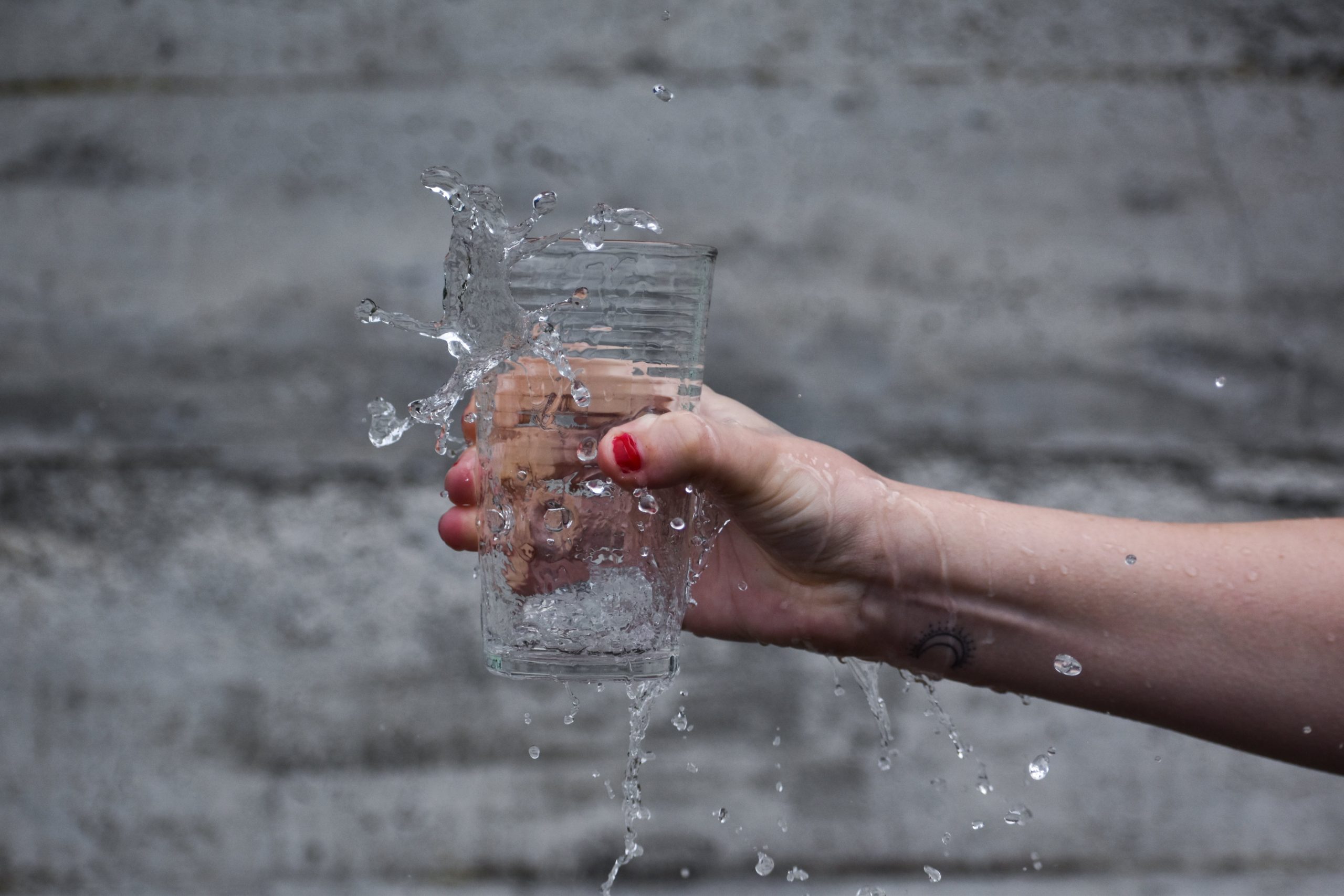Anti-fluoride group fronts Marlborough meeting


A group of Marlburians do not want any fluoride added to the region’s water supply. Photo: Supplied
A group of Marlburians have fronted the council with concerns about water chlorination and the potential fluoridation of the region’s water supply.
The group, Marlborough Community Matters, wants the council to lobby with them against adding any fluoride to Marlborough’s water supply.
But at a public forum on Tuesday, one councillor argued the “science prevails” before being met with heckling from the group which had packed out the council’s public gallery.
To date, the Director-General of Health had not made any directive to add fluoride to Marlborough’s water, although it was being “actively considered” according to the Ministry of Health.
Two members of Marlborough Community Matters presented to the public forum.
Marlborough Community Matters member Cindy Haider told the council she recently moved back to Blenheim after living overseas for many years.
“One of the things I really loved coming back to here, was drinking the water ... here it's just so pure and clean and pristine and I just think it's a real privilege these days to be able to drink clean water,” Cindy said.
“I know that our water in Marlborough is very unique and it's supplied by the large aquifer and natural springs, so it came as a shock and a disappointment to learn ... that the water was going to have chlorine added and now possibly fluoride as well.”
She said Marlborough Community Matters felt the mandatory fluoridation by the government “without consent is both unethical and totalitarian” making claims such as fluoride did not work by swallowing, any dose could not be guaranteed as safe and that fluoridation did not reduce dental decay.
She thought money would be better spent on dental education.

Minister of Health Simeon Brown last week confirmed the Government's stance - that fluoridation was a "safe, effective and affordable measure for improving oral health".
Chief oral health adviser Dr Riana Clark also spoke about fluoride earlier this week.
She said most studies showing negative outcomes were from countries where fluoride naturally occurred in very high levels.
There was no high-quality evidence of significant harm to health from fluoridation at the levels set in New Zealand, she said.
"All of the evidence we've been collecting for about 70 years on water fluoridation hasn't been usurped by these new papers," Riana told a Rotorua Lakes Council workshop. "We've been watching very carefully."
The second presenter from Marlborough Community Matters, Dr Fre Timmermans said councils were being forced to start “adding the additives” when it “makes no sense”.
Fre, a former Marlborough dentist, said he was a co-founder of New Zealand Doctors Speaking out with Science (NZDSOS). NZDSOS was a small group of doctors that opposed the Covid-19 response and challenged the vaccine roll-out.
“NZDSOS has made water fluoridation and now fluorination into new examples of introducing chemicals that are neither safe and are far from effective,” he claimed at the public forum.
Wairau-Awatere ward councillor Gerald Hope, who spent 12 years on the Nelson-Marlborough District Health Board, said the council would be “remiss” to not clarify its position on things such as chlorination.
“We're the meat in the sandwich, as much as you on the outside,” he said.
“So we need to clarify that and give the group here today some certainty.”
He said fluoridation was “simply a health matter”.
“I spent 12 years on the top of South DHB District Health board, and this matter was discussed many times, and the science prevails,” he said.
The council was in the process of getting chlorine added to Blenheim’s water supply following a directive from Taumata Arowai, the regulator of water services for New Zealand.
A council spokesperson said the design to chlorinate the town’s supply had been completed. Construction of that plant design was now out for tender.
Chlorination was the council’s preferred way to disinfect the supply, which was budgeted at $5.7m to implement.
The Health (Fluoridation of Drinking Water) Amendment Act 2021 gave authority to the Director-General of Health to mandate water fluoridation of local water supplies.
Although earlier this week NZ First introduced a Member’s bill which sought to repeal the act, and mandate local authorities to hold a binding referendum on water fluoridation, although Brown said that existing legislation would not change.
LDR is local body journalism co-funded by RNZ and NZ on Air.

